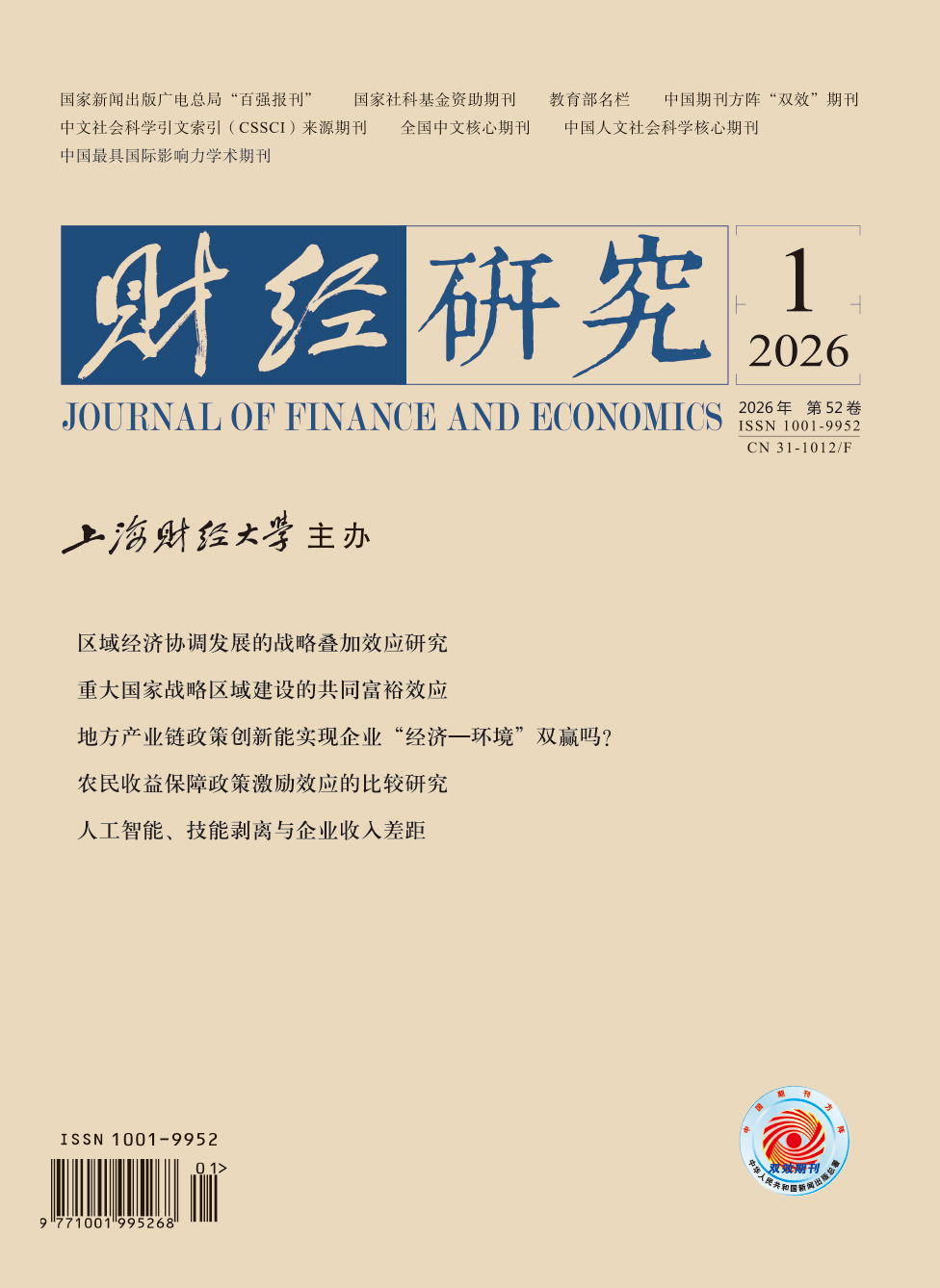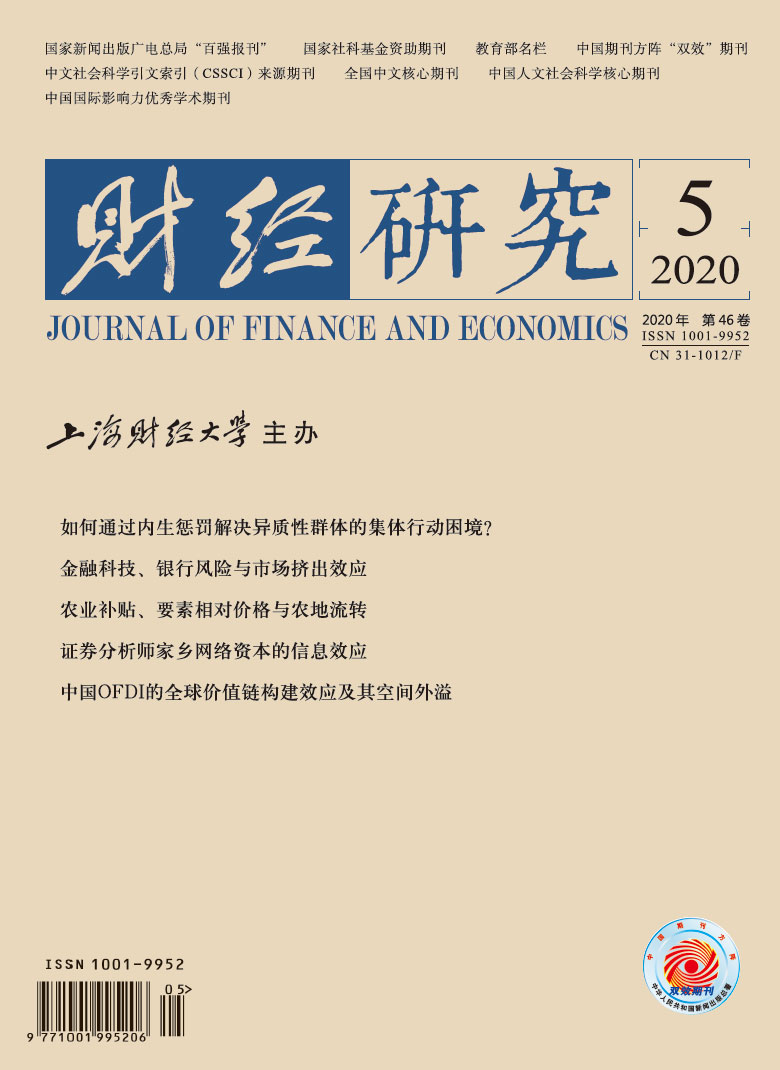Cooperation and coordination are the basic problems of human society. The classical theory predicts that, as individuals with complex and different motivations, collective actions on the provision of the commons often fall into the social dilemma, in which individual rationality leads to collective irrationality. Evidence from the long-term observation of an urbanizing village in transitional China suggests that heterogeneous groups can also achieve efficient cooperation and self-governance.
We focus upon the problems that, in the case of different groups with heterogeneous individuals, from the formation of groups to collective actions taking place, how can internal monitoring and punishing strategies be selected to sustain collective actions by preventing free riding and other opportunistic behaviors?
The main work of this paper is as follows: (1)It expands Lanchester’s Law to describe different behavioral motivations of individuals and investigate the conditions for the occurrence and maintenance of collective cooperation;(2)It introduces endogenous punishment as a credible threat and investigates its impact on the provision of public goods(non-market and non-government), which provides a possible solution to the traditional dilemma of collective actions;(3)Based on the analysis of a real case from Shenzhen, it empirically examines the effect of endogenous punishment on the spontaneous formation of collective actions in the provision of public goods, which enriches the theory and practice of self-governance within the community.
This paper makes the following contributions to the literature: First, we employ the general classification and measurement of individual heterogeneity from a laboratory experiment(Fischbacher and Gacheter, 2010), which reflects implicit preferences through explicit behavior. According to different motivations, groups are divided into cooperators, free-riders and punishers, and individual types can be revealed by their strategies. Our evolutionary model based on Lanchester’s Law, depicts how individuals in a group take punitive measures against free riding. Then we investigate the influence of endogenous punishment system on collective actions in a long-term repeated game. This paper also provides a new perspective to understand the emergence of cooperation in collective actions and gives a case study as empirical evidence.
The results show the conditions for the success of collective actions among individuals with different behavioral motivations, that is, the equilibrium satisfies both of the individual and collective rationality. After initiating collective actions and completing the supply of the system, the maintenance stage of collective actions is equally important. First, in absence of effective supervision and credible punishment, it is difficult for the population who are non-kinship or non-geographical relationship to promote collective actions, and then public goods will be out of provision. Second, in the presence of effective supervision and credible punishment, individuals within the group form the behavioral expectation that “once betrayed, they will be punished and pay the price”, and the collective actions of cooperation on the provision of public goods can be sustained.





 6120
6120  9811
9811

